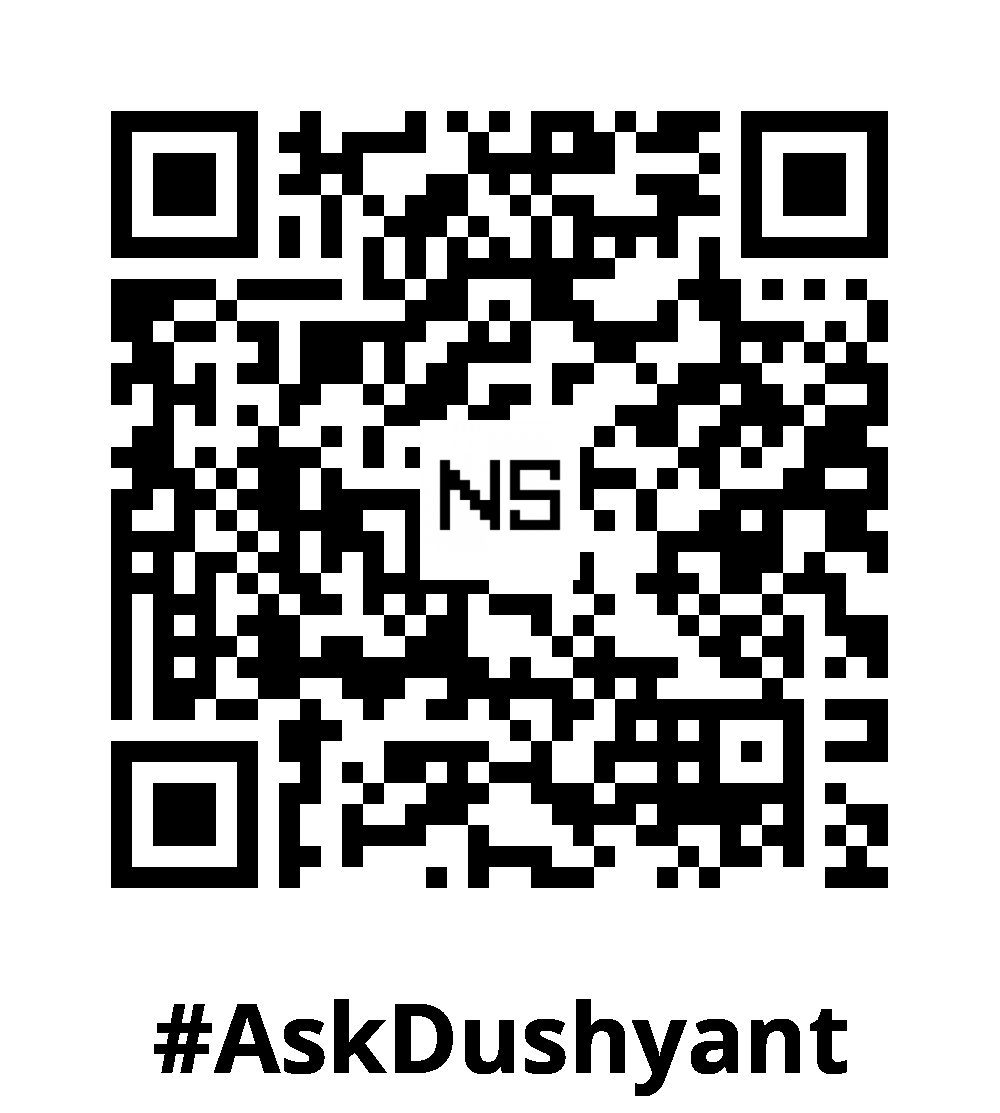Make the right choice for your application’s success by carefully selecting the appropriate database that aligns with its performance, scalability, cost-effectiveness, and the availability of community support. While newer and more specialized databases have emerged, it’s important not to overlook the tried and tested powerhouses of the database world: MySQL and MariaDB. In this tech concept, we’ll explore why these legacy databases continue to be a preferred choice for many applications and how they can provide a solid foundation for your database architecture.
The Reliability and Robustness of MySQL and MariaDB:
MySQL, an open-source relational database management system, has been a go-to option for developers for decades. Its reliability, performance, and comprehensive feature set have made it a staple in various industries. MariaDB, a community-driven fork of MySQL, retains all the benefits of its predecessor while incorporating additional enhancements and improvements. These databases have stood the test of time and continue to be rock-solid choices for applications that require stability and dependability.
Handling Substantial Workloads:
MySQL and MariaDB are renowned for their ability to handle substantial workloads. From small-scale projects to enterprise-level applications, these databases have proven their mettle time and again. With efficient query optimization, support for various storage engines, and advanced indexing capabilities, they can efficiently process large volumes of data, ensuring optimal performance even under high load conditions.
Cost Effectiveness:
MySQL and MariaDB are not only renowned for their reliability and performance but also for their cost-effectiveness, particularly when it comes to cloud infrastructure. These databases offer seamless integration with popular cloud platforms, enabling easy deployment and scalability. By leveraging the cloud’s flexibility, you can scale your database resources up or down based on demand, optimizing costs and ensuring efficient resource utilization. Additionally, MySQL and MariaDB benefit from a strong community support network, which translates into extensive documentation, online forums, and readily available expertise. This level of support contributes to cost savings by reducing the need for expensive technical assistance or consultancy services. Furthermore, the compatibility of MySQL and MariaDB with various programming languages and frameworks ensures that you can leverage your existing infrastructure and development ecosystem, minimizing migration costs and development efforts. With these advantages, MySQL and MariaDB offer a cost-effective and reliable solution for powering your applications in the cloud and on-premises environments.
Flexibility for Future Growth:
One advantage of choosing MySQL or MariaDB is the flexibility they offer as your application evolves. As your requirements expand and become more complex, you can strategically introduce other databases into the mix to handle specific tasks. For example, non-ACID operations like notification systems or logging mechanisms can be offloaded to more specialized databases. This allows you to optimize performance and scalability without compromising the core stability provided by MySQL or MariaDB.
Community Support and Ecosystem:
MySQL and MariaDB benefit from thriving communities and extensive ecosystems. These databases have large and active user communities, which means you can easily find support, resources, and solutions to common challenges. The vast ecosystem of tools, frameworks, and libraries built around MySQL and MariaDB further enhances their usability and integration capabilities.
Top Companies Leveraging MySQL and MariaDB:
MySQL and MariaDB are trusted by some of the world’s leading companies across various industries, few examples:
- Facebook: Facebook initially used MySQL as its primary database and has contributed significantly to its development, scaling it to handle billions of users and massive amounts of data.
- Airbnb: Airbnb relies on MySQL to manage its vast property and user data, ensuring reliable and scalable operations.
- Twitter: Twitter, one of the largest social media platforms, utilizes MySQL to handle its real-time tweet streaming and data storage needs.
- LinkedIn: LinkedIn uses both MySQL and MariaDB to power its professional networking platform, handling millions of user profiles and interactions.
My Tech Advice: Making the right database choice for your application, it’s essential to consider factors like reliability, scalability, performance, and community support. MySQL and MariaDB have stood the test of time and continue to be trusted options for a wide range of applications. Their reliability, robustness, cost effectiveness and ability to handle substantial workloads make them suitable for both small-scale projects and enterprise-level applications. Additionally, their flexibility allows you to scale and adapt your database architecture as your application grows. So, don’t overlook the power of these legacy databases when making your database selection – they might just be the reliable foundation your application needs to succeed.
#AskDushyant


Leave a Reply